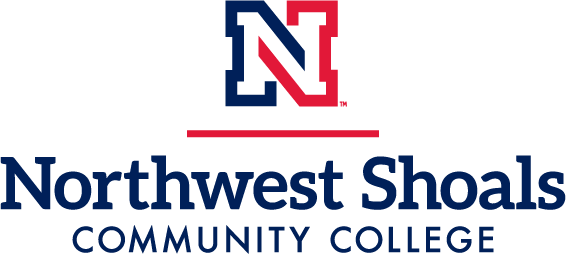Child Development
Degrees and Certificates
Classes
CHD 201 : Child Growth and Development Principles
Credits
3CHD 202 : Children’s Creative Experiences
Credits
3CHD 203 : Children’s Literature and Language Development
Credits
3CHD 204 : Methods and Materials for Teaching Children
This course introduces basic methods and materials used in teaching young children. Emphasis is placed on students compiling a professional resource file of activities used for teaching math, language arts, science, and social studies concepts. Upon completion students will be able to demonstrate basic methods of creating learning experiences using developmental appropriate techniques, materials, and realistic expectations, including infant and toddler and pre-school. Course includes observations of young children in a variety of childcare environments.
Credits
3CHD 205 : Program Planning for Educating Young Children
This course provides students with knowledge to develop programs for early child development. Specific content includes a review of child development concepts and program contents. Upon completion students will be able to develop and evaluate effective programs for the education of young children.
Credits
3CHD 206 : Children’s Health and Safety
Credits
3CHD 208 : Administration of Child Development Programs
Credits
3CHD 209 : Infant and Toddler Education Programs
This course focuses on child development from infancy to thirty-five months of age with emphasis on planning programs using developmentally appropriate material. Emphasis is placed on positive ways to support an infant’s social, emotional, physical and intellectual development. Upon completion, students should be able to plan an infant-toddler program and environment which is appropriate and supportive of the families and the children.
Credits
3CHD 210 : Educating Children with Exceptional Needs
This course explores the many different types of exceptionalities found in young children. Topics include speech, language, hearing and visual impairments; gifted and talented children; mental retardation; emotional, behavioral, and neurological handicaps. Upon completion, students should be able to identify appropriate strategies for working with young exceptional children.
Credits
3CHD 211 : Child Development Seminar
This course provides students with knowledge of a variety of issues and trends related the childcare profession. Subject matter will vary according to industry and student needs. Upon completion students should be able to discuss special topics related to current trends and issues in child development.
Credits
2CHD 214 : Families and Communities in Early Care and Education Programs
Credits
3CHD 215 : Supervised Practical Experience in Early Childhood Education
This course provides a minimum of 90 hours of hands-on, supervised experience in an approved program for young children. Students will develop a portfolio documenting experiences gained during this course.
Credits
3Prerequisites
Permission of the instructor.
CHD 217 : Math and Science for Young Children
This course provides students with information on children’s conceptual development and the fundamental basic concepts of both math and science. Students learn various techniques for planning, implementing and evaluating developmentally appropriate activities. Students will also learn about integrated curriculum.
